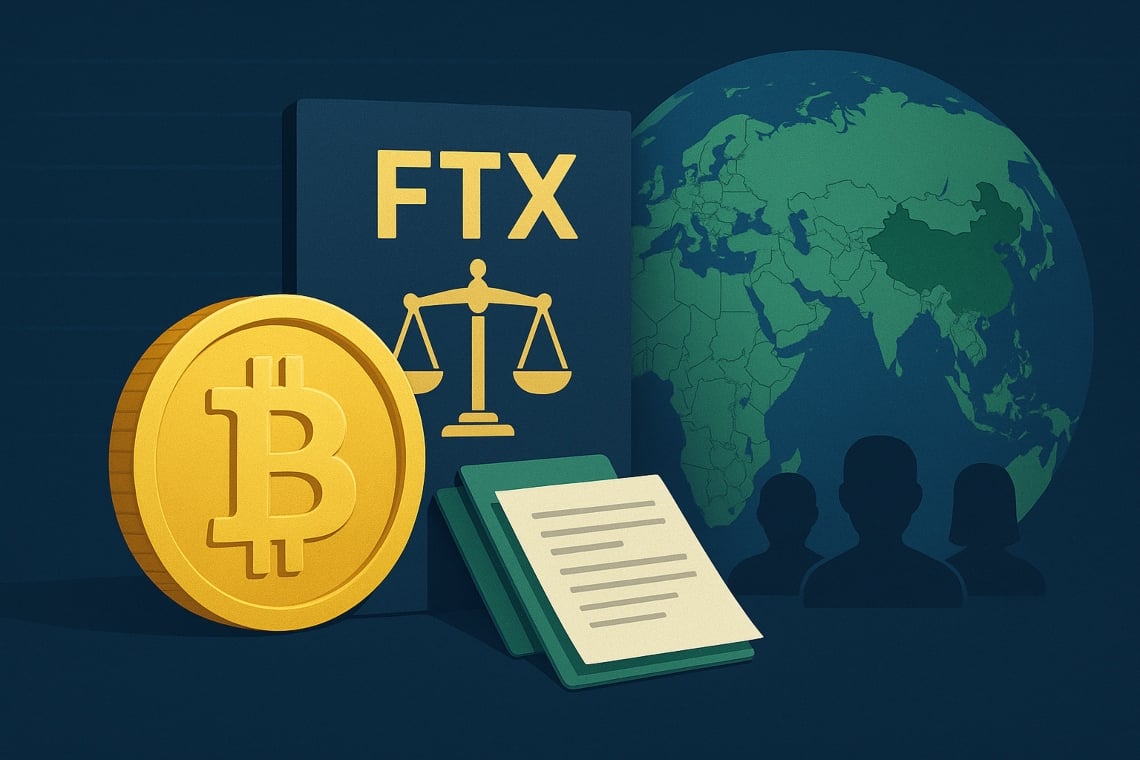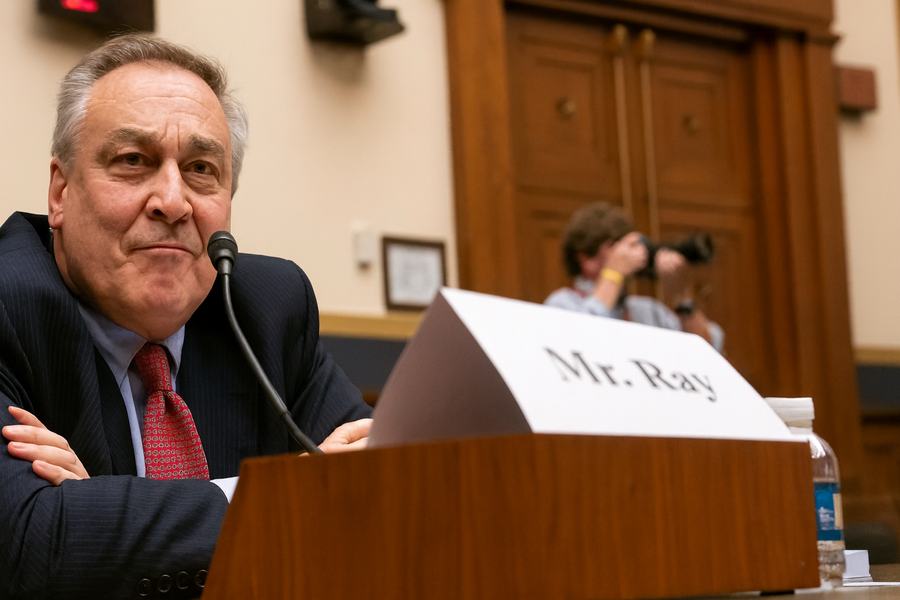The FTX bankruptcy estate trustee filed a court motion on July 2, 2025, with the US Bankruptcy Court for the District of Delaware, seeking to freeze creditor payouts in 49 states and countries with restrictive cryptocurrency regulations. The affected 33,000 creditors, who hold claims worth $983 million—representing 5% of the total claim value—cannot access their payouts due to local laws, while creditors in other countries have already received $6.2 billion since February 2025.
The freeze particularly impacts Chinese creditors, who represent 82% of the affected claims' value despite accounting for only 5% of the number of claims. Under the procedure proposed by the FTX Recovery Trust, all claims from restricted territories will remain in contested status until favorable legal opinions for distributions are obtained, with affected creditors given a 45-day notice period to contest their territory's status—failure to do so resulting in automatic forfeiture of distribution rights. The bankruptcy estate's filing specifically names numerous countries including China, Russia, Iran, Egypt, Algeria, Belarus, Cambodia, Syria, and Zimbabwe, where cryptocurrency trading is prohibited or severely restricted.
The court has scheduled a hearing for July 22 to determine the fate of the proposed framework, while Chinese creditors are already mobilising through international legal actions to contest China's designation as a restricted territory, arguing that while Chinese law does not support cryptocurrency trading, it recognises citizens' rights to hold digital assets in the private sphere. The FTX case could set a significant precedent for handling cross-border cryptocurrency bankruptcy proceedings, especially as BitGo and Kraken have been joined by Payoneer as official distribution platforms, enabling payments in 93 countries—yet the 49 restricted territories remain excluded from this process.
Sources:
FTX’s bankruptcy estate has filed a motion to halt creditor distributions in 49 jurisdictions with restrictive or unclear crypto regulations—fearing legal exposure and penalties.













